View all filters
Clear

Through the Rabbit Holes
Wander into magical realms and fantastical worlds where reality is constantly redefined or questioned
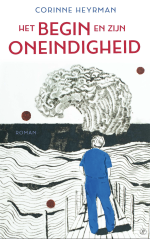
L’inizio e la sua eternità
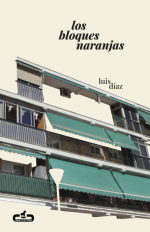
Narandžaste zgrade
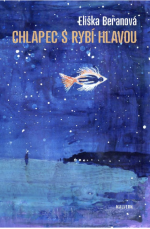
Il ragazzo con la testa di pesce
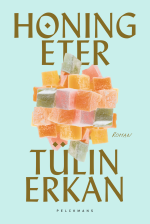
ARRIVALS / GELIȘ (Przyloty)
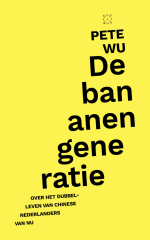
De bananengeneratie: over het dubbelleven van Chinese Nederlanders van nu
Pete Wu is een banaan. Althans, zo noemt zijn moeder hem liefkozend: ‘geel van buiten en wit vanbinnen’. Hij is een tweede generatie Chinese Nederlander, die midden in de Nederlandse samenleving staat. Toch wordt Pete ongewild herinnerd aan zijn anders-zijn. Door mensen die hem vragen waar hij nou écht vandaan komt. Of anders wel door de gemiddelde carnavalshit, Meneer Cheung uit Ik hou van Holland, of Gordon: ‘Wat ga je zingen? Nummer 39 met rijst?’ In De bananengeneratie gaat Pete in gesprek met ‘mede bananen’ die net als hij worstelen met hun Chinese Nederlanderschap. Hij praat met hen over generatieclashes, daten, discriminatie en eenzaamheid. En over het gevecht om jezelf te mogen zijn – bevrijd van clichés.
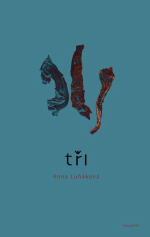
Tri!
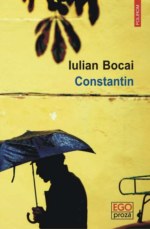
Constantin. Un portret
Constantin este povestea experienței lui Mihai, un tînăr student venit din provincie la București, acasă la cel care i-a închiriat o cameră pe perioada studiilor: Toader Constantin. În apartamentul dărăpănat al acestuia se petrec o serie de întîmplări tragicomice, ai căror protagoniști sînt chiriașii săi, oameni de tot felul, cu povești de viață dintre cele mai diferite și mai interesante, care trăiesc într-un București poate prea pragmatic și uneori chiar ostil. Constantin este el însuși o poveste, care nu se lasă însă descoperită prea ușor, nici chiar de „bunul chiriaș” Mihai. O carte despre Bucureștiul real, despre oamenii care îl populează și, în cele din urmă, despre viață așa cum e ea, descrisă cu un fin spirit de observație și simț psihologic.

ARRIVALS / GELIȘ (Медолюб)
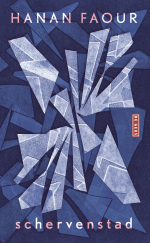
ciudad fragmentada
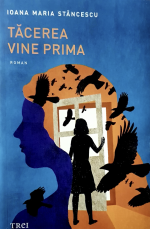
Prvo dolazi ćutanje

Началото и неговата безкрайност

De jongen met het vissenhoofd

El Corredor (Península)

Nic o mnie nie wiesz

Di me non sai
Lucio falls in love with "the boy" even before meeting him: just watching him from the window of his office is enough for him to become almost obsessed. When they finally meet, he discovers that Davide is much younger than him (still studying), and that he is elusive, unreliable, and "cruel" in the way only twenty-year-olds can be cruel.
For two months, Lucio and Davide have dinner together, have sex, go to the beach, and often sleep at Lucio's place. However, Davide does not fall in love. He continues to seek Lorenzo, the only man he (perhaps) truly loved, of whom he keeps only a pixelated photo on an old cellphone. Like many twenty-year-olds, he is also confused, wounded, and willing to nestle into the routine of always having a Coca-Cola ready for him in the refrigerator.
"Di me non sai" tells the story of a relationship lived in an opposite, incompatible way, whose nature is revealed to the reader only as the novel progresses. Alternating the perspectives of the two protagonists in short, sometimes very short chapters, Raffaele Cataldo shows the misalignment of feelings and the painful consequences it can have, the slow pace of hot Apulian summers, and the obsessive loves (present and absent) that, like wild oat seeds, cling to hair, shoes, and clothes.

grad od srče

Los bloques naranjas
Una ventana a la amistad masculina: la corporalidad y los afectos truncados, torpes, subterráneos, que se dan en una pandilla de chicos de barrio durante los 2000.

Три!
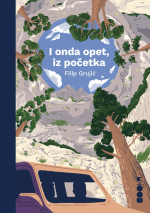
I onda opet, iz početka
Centralni lik novog romana Filipa Grujića je pravi „junak našeg doba“, mladić na prelasku iz dvadesetih (kada se sve prašta i ništa nije konačno) u tridesete (kada sve postaje obavezujuće i ozbiljno), upravo izašao iz duge veze s nejasnom idejom šta želi od života.
Njegova svakodnevica rastrzana između porodice (razvedeni otac i majka, njihovi novi partneri i vremešni, ali vrlo živopisni roditelji), prijatelja, devojaka i obaveza, komične epizode, snažan autoironijski ton i bolno iskrena promišljanja o tome šta uopšte znači biti srećan u trećoj deceniji XXI veka, sve su to delovi kompleksne ali majstorski složene literarne slagalice koju bez preterivanja možemo nazvati prvim pravim, ozbiljnim milenijalskim romanom u srpskoj književnosti.
Filip Grujić posle dva zapažena romana kojima je nagovestio veliki književni talenat ovim delom sazreva u jednog od najboljih pripovedača koje naša književnost ima, prestaje da bude samo njena svetla budućnost i postaje važna i nezaobilazna sadašnjost.
